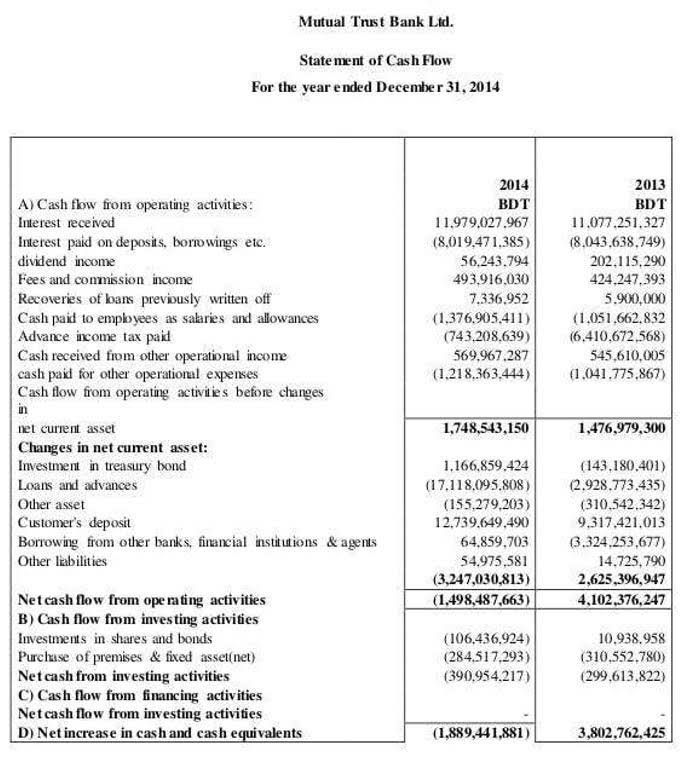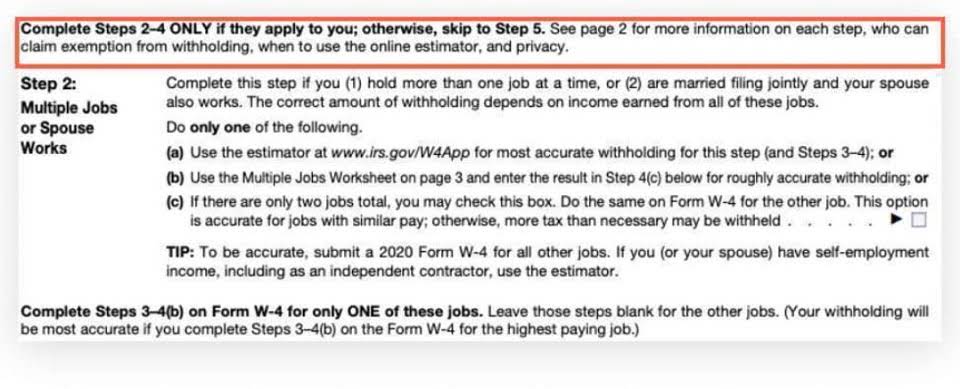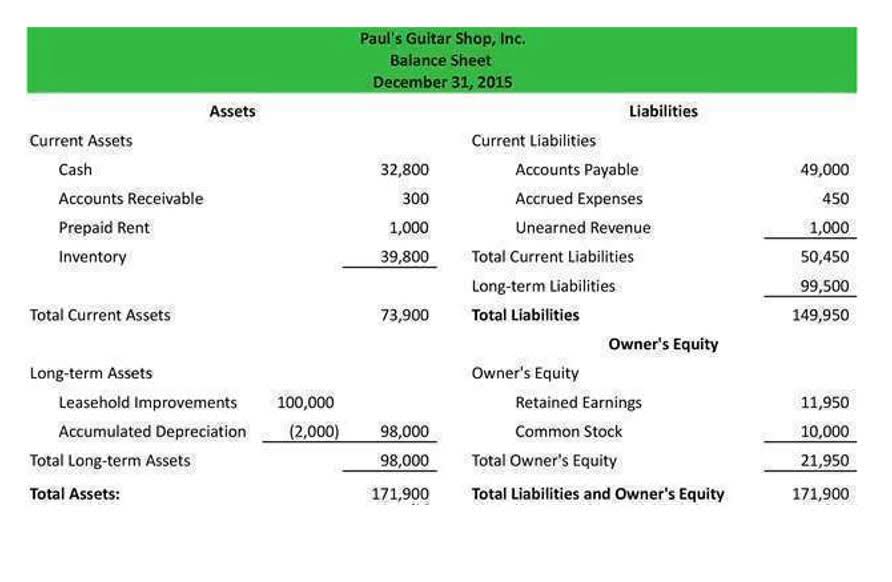Bookkeeping
Best Practices in Trust Administration for Individual Trustees
Danh mục bài viết

When making this decision, it is vitally important that you review the rules in your state, particularly if you are thinking about selecting a non-lawyer. You should also consider the fiduciary duty that comes along with handling client funds. It is your responsibility to ensure that anyone with access to that trust account exercises an appropriate level of care. Your state may require you to provide all signatories with specific training and oversight.

Best practice tips for setting up your firm’s trust accounts
Funds held in trust accounting type play a crucial role in maintaining transparency, protecting financial interests, and ensuring legal compliance. Regular use of property management software not only streamlines operations normal balance but also provides valuable insights into trust account activity, ensuring compliance with regulations and enhancing trust with property owners. The ABA requires firms to keep client trust account records for five years after legal services conclude. Keep client trust funds separate from these and other non-client trust accounts to avoid accidental commingling or misuse of funds.
Ensuring Trust Account Security and Integrity

By understanding and adhering to these compliance requirements, you can manage your trust accounts effectively and avoid legal pitfalls. Next, we’ll explore the trust accounting for lawyers best practices recap and the importance of compliance. For example, in property management, trust funds might include tenant rent payments and security deposits.
- Together, we can create a plan that protects your assets and honors your fiduciary responsibilities, providing peace of mind for you and security for your clients.
- It’s a lot of responsibility, but it can also eliminate potential problems down the line.
- Someone on our team will connect you with a financial professional in our network holding the correct designation and expertise.
- It’s also beneficial if the software integrates with other tools your firm uses, like QuickBooks for financial management.
- Erika is a regular contributor to TimeSolv and a variety of other publications.
- “Simple Mistakes” and oversights in trust accounts are more than annoyances.
Regular Reconciliations
The majority of federal rules that apply come from the Uniform Principal and Income Act. One of the major things to be aware of is that there are differences between fiduciary accounting income (FAI) and federal taxable income. There are different types of terms used for these accounts (IOLTA, Trust Account and Escrow Account are often interchangeable). In other words, lawyers must keep a watchful eye on how much each client has in trust, as they can’t use one client’s money to cover expenses for another client. Accounts in trust are preferred by many because they avoid probate, enabling a quicker and easier distribution of assets.
Is there any other context you can provide?

Our expertise in fiduciary tax services and trust accounting can help you navigate these challenges with ease. We offer tools and practices that ensure compliance, transparency, and efficient financial management. We all know rent pays the bills, but it’s critical to keep it separate from your own funds. Trust account issues can expose your business to unnecessary risk, causing more stress and urgency than a late-night maintenance call. Keep reading to learn how to keep your accounts clean and organized to avoid confusion and build trust with your owners.
- In these situations, it is imperative that the trustee correctly account for trust income and trust principal.
- They can lead to severe disciplinary action or disbarment for the lawyer in charge of the account.
- Again, it is advisable for a lawyer to provide the trustee with guidance on this issue based on the terms of the trust document and the default state law.
- Failure to follow these regulations can result in legal penalties and damage your professional reputation, highlighting the importance of meticulous trust account management.
- Our 2024 Legal Industry Report found that more than 1 in 10 respondents find law firm accounting the most challenging function for their firm.
- Consider paying expenses from a business operating account and reimbursing yourself when client funds have been earned.
Best Practices in Trust Administration for Individual Trustees
Failing to comply with trust account regulations can lead to serious consequences, including fines, penalties, and even license revocation. More importantly, it can damage your reputation and erode trust with your clients. By maintaining meticulous trust accounts, you demonstrate professionalism and build a solid foundation of trust with property owners. You can avoid commingling by maintaining separate accounts for each trust account to keep client funds untouched until your firm earns them. The cardinal rule of trust accounting is to ensure a strict separation between client funds and law firm operating funds.

Until the lawyer has earned those fees, they are considered to be client fees and need to be treated as such. An important and often confusing aspect of principal and income accounting is that “trust accounting income” is a distinct concept from that of “taxable income” and often the two differ significantly. The area with perhaps the greatest potential pitfall is where a trust owns interests in estate planning entities such as family limited partnerships (“FLPs”), limited liability companies (“LLCs”), and S corporations. Embrace the future of legal practice with confidence, supported by RunSensible’s comprehensive solutions for trust account management. Want to learn more about how Clio can help you manage your firm’s trust accounting? In short, a trust account is an account used by lawyers to hold money on behalf of clients.
By following these steps, you can effectively manage your lawyer trust account and stay in compliance with trust accounting regulations. This guide will provide an overview of trust accounting, talk about the challenges of remaining in compliance with trust account rules, and discuss various software tools that make trust accounting safer and easier. The two main types of escrow accounts are the purchase escrow account and refinance escrow account. A purchase escrow account holds funds related to the purchase of a home and is managed by an escrow agent. Earnest money, presented by the buyer to the seller, and other real estate transaction fees, such as loan fees, agent commissions, and appraisal fees, are held in a purchase escrow account.
What is trust accounting?
This article will demystify trust accounting for lawyers, covering everything from tips and best practices to creating your process. Trust accounting has a well-earned reputation as a malpractice minefield that could jeopardize even the most carefully-run legal practices. However, there’s plenty of room to optimize an attorney’s trust account https://www.bookstime.com/ process and avoid common pitfalls. Another type of account in trust is a Payable on Death (POD) trust also called a Totten Trust.





